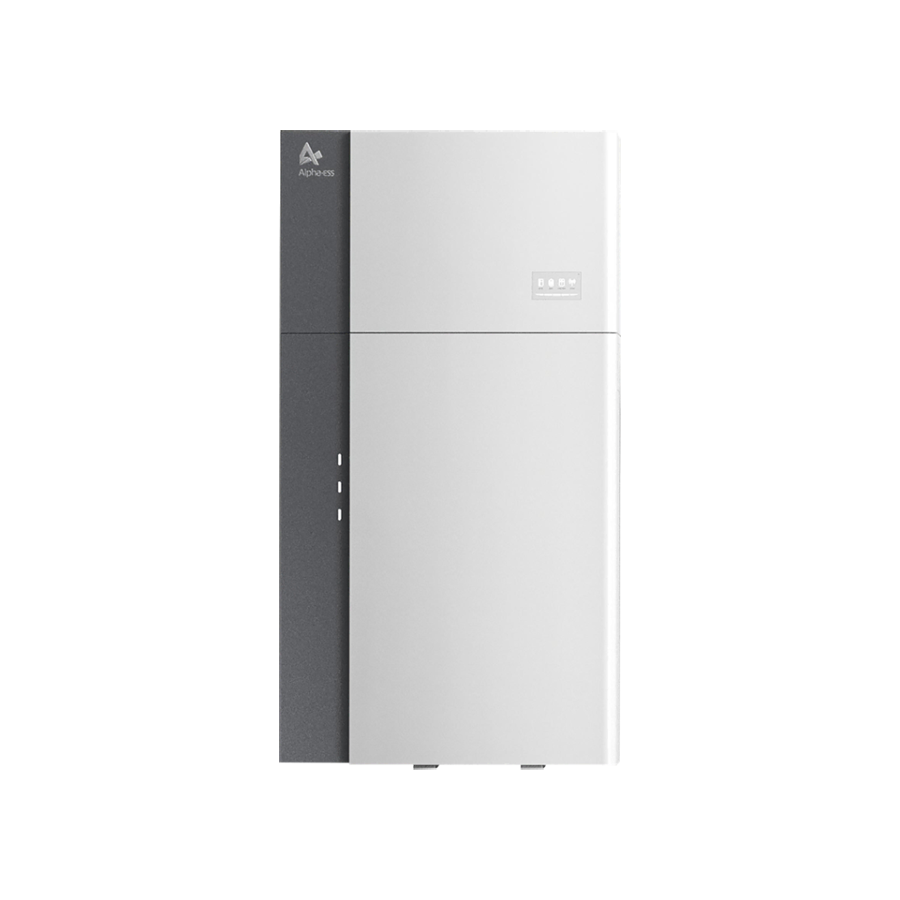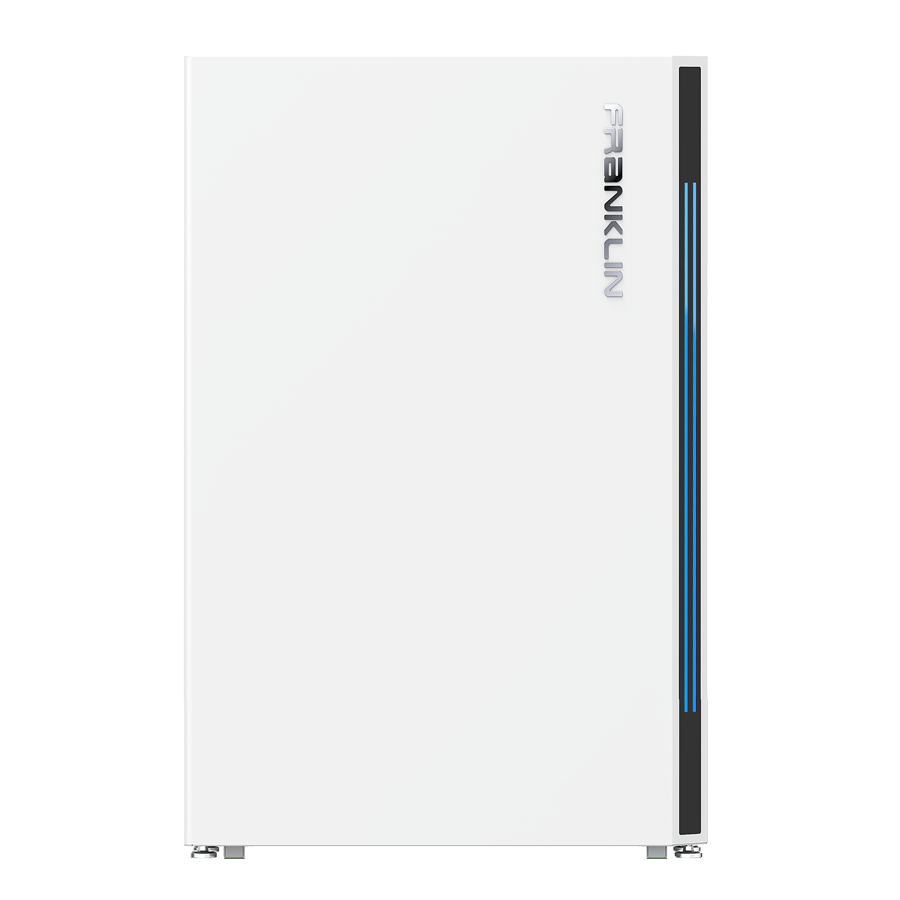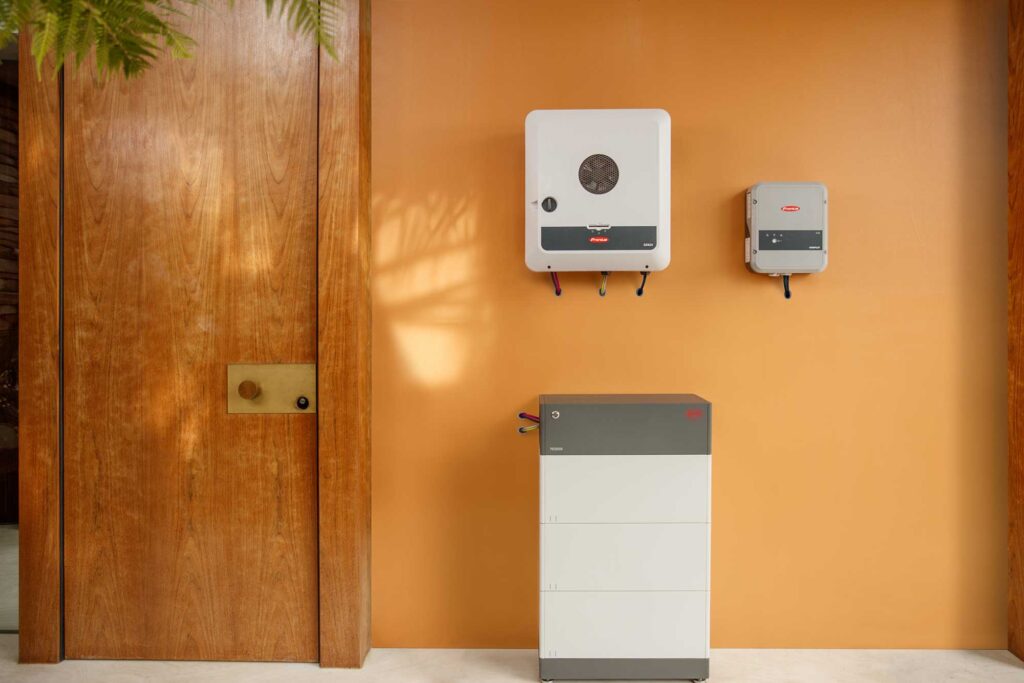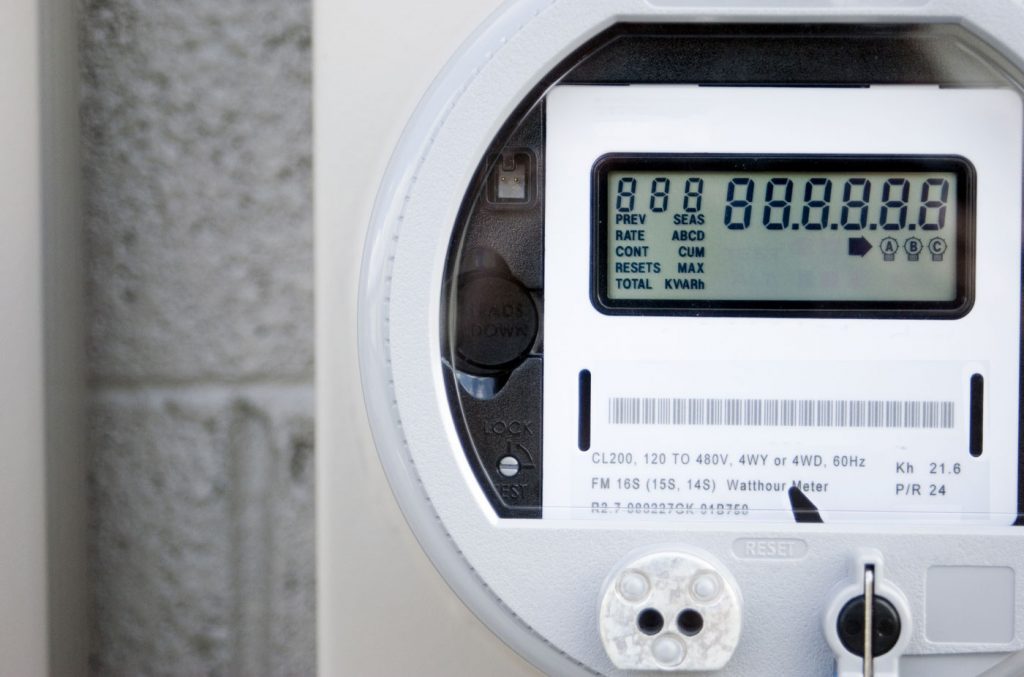Address: 3/90 Discovery Drive, Bibra Lake, Western Australia, 6163.
Compare Batteries.
More than just a battery. Compare solar batteries for capacity, blackout protection options, energy management features, and expanded solar input options.
Need assistance? Contact sales support
AC-coupled home batteries
AC-coupled solar batteries are more compatible with existing solar panel systems. They are also a great battery option to consider as a foundational storage solution at the beginning of your journey.
Alpha ESS
SMILE-G3-
10 kWh
-
B5: AC-coupled, S5: Hybrid
-
5 kW output
-
1-phase (3 phase compatible
-
On grid/ backup
-
LiFePO4
-
IP 65 (indoor/outdoor)
-
10 yr warranty
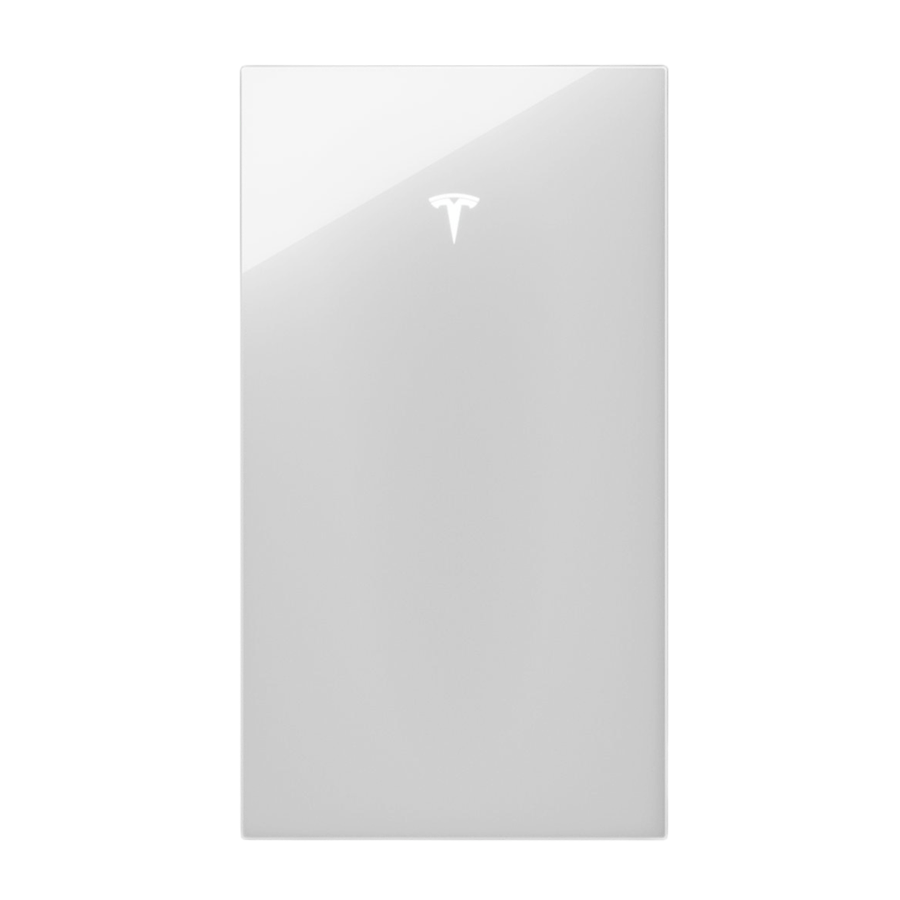
Tesla
Powerwall 3-
13.5 kWh
-
3 solar string input
-
5 or 10 kW output
-
1-phase (3 phase compatible)
-
On grid/ backup
-
LiFePO4
-
IP 67 (indoor/outdoor)
-
10 yr warranty
Franklin
aPower-
13.6 kWh
-
AC-coupled only
-
5 kW output
-
1-phase (3 phase compatible)
-
On grid/ backup
-
LiFePO4
-
IP 55 (indoor/outdoor)
-
12 yr warranty
DC-coupled home batteries
DC-coupled solar batteries compatible with leading brand hybrid inverters.
Goodwe
Lynx Home-
9 | 13 | 16 | 19 | 22 | 25 kWh
-
Suits Goodwe EH & ET inverters
-
DC Coupled (HV)
-
On grid/ backup
-
LiFePO4
-
IP 55 (indoor/outdoor)
-
10 yr warranty
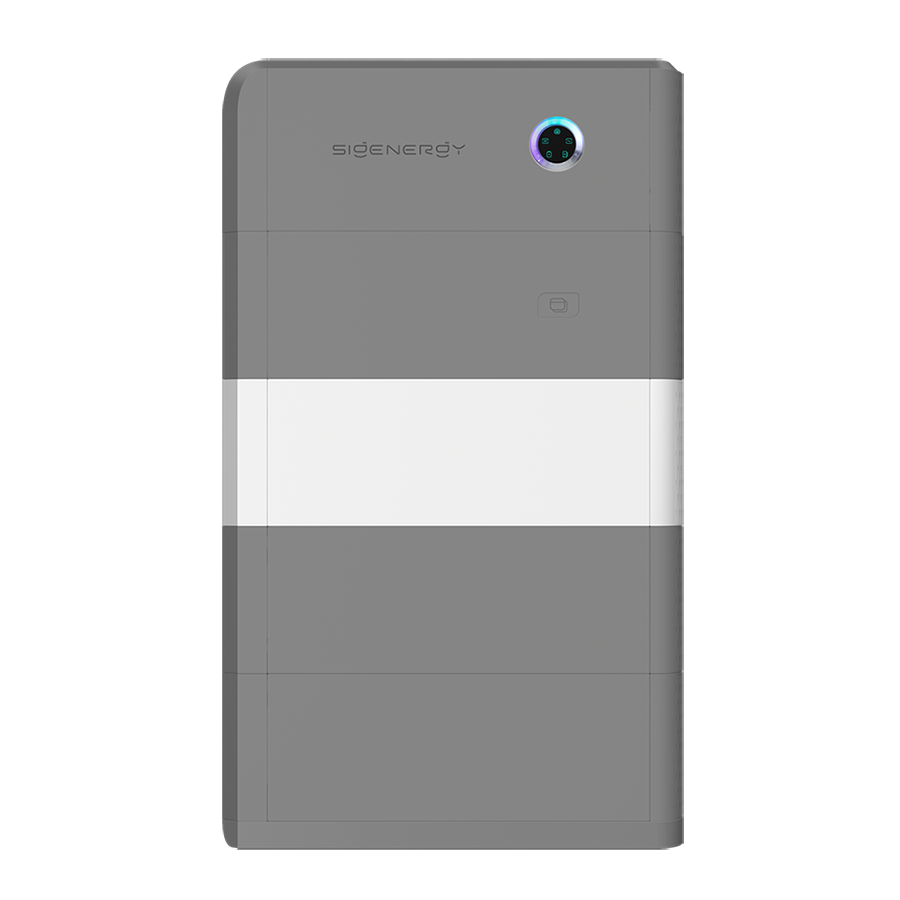
Sigenergy
SigenStor-
Variable 5 | 8 kWh modules
-
Suits Sigen Energy Controller
-
DC Coupled (LV)
-
On grid/ back up
-
LiFePO4
-
IP 66 (indoor/outdoor)
-
10 yr warranty
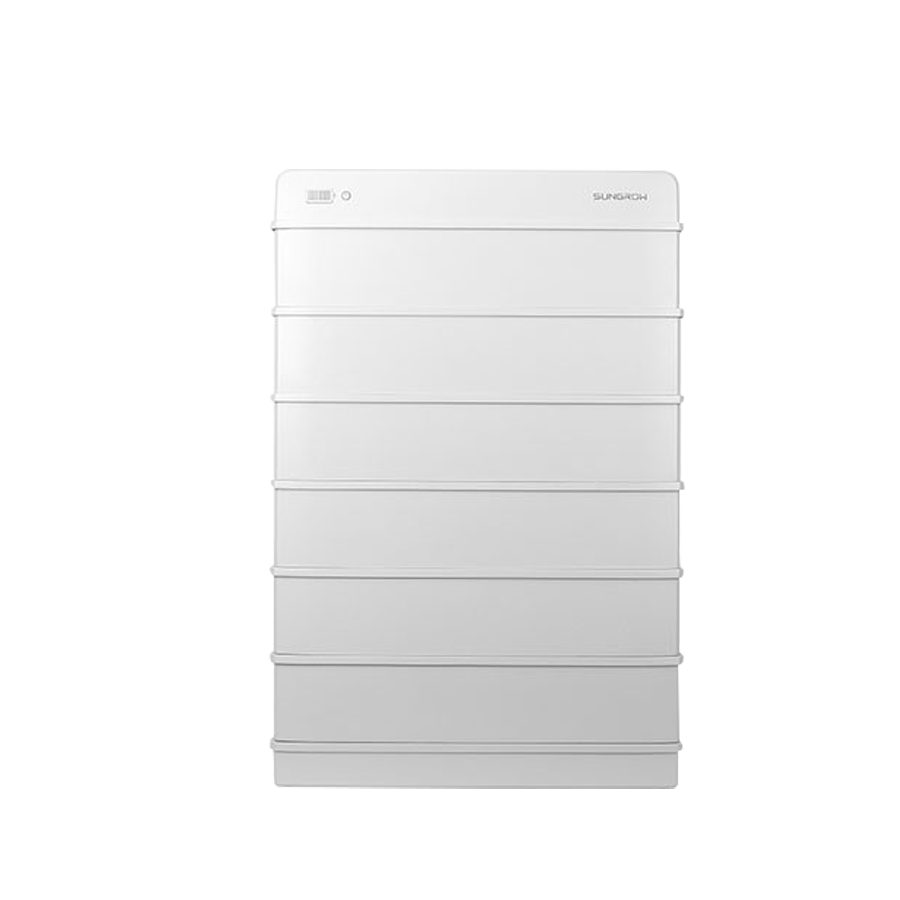
Sungrow
SBR HV-
9 | 12 | 16 | 19 | 22 | 25 kWh
-
Suits selected Sungrow inverters
-
DC Coupled (HV)
-
On grid/ backup
-
LiFePO4 prismatic
-
IP 55 (indoor/outdoor)
-
10 yr warranty
Growatt
APX HV-
5| 10 | 15 | 20 kWh
-
Suits Growatt XH inverters
-
DC Coupled (HV)
-
On grid/ backup
-
LiFePO4
-
IP 66 (indoor/outdoor)
-
10 yr warranty
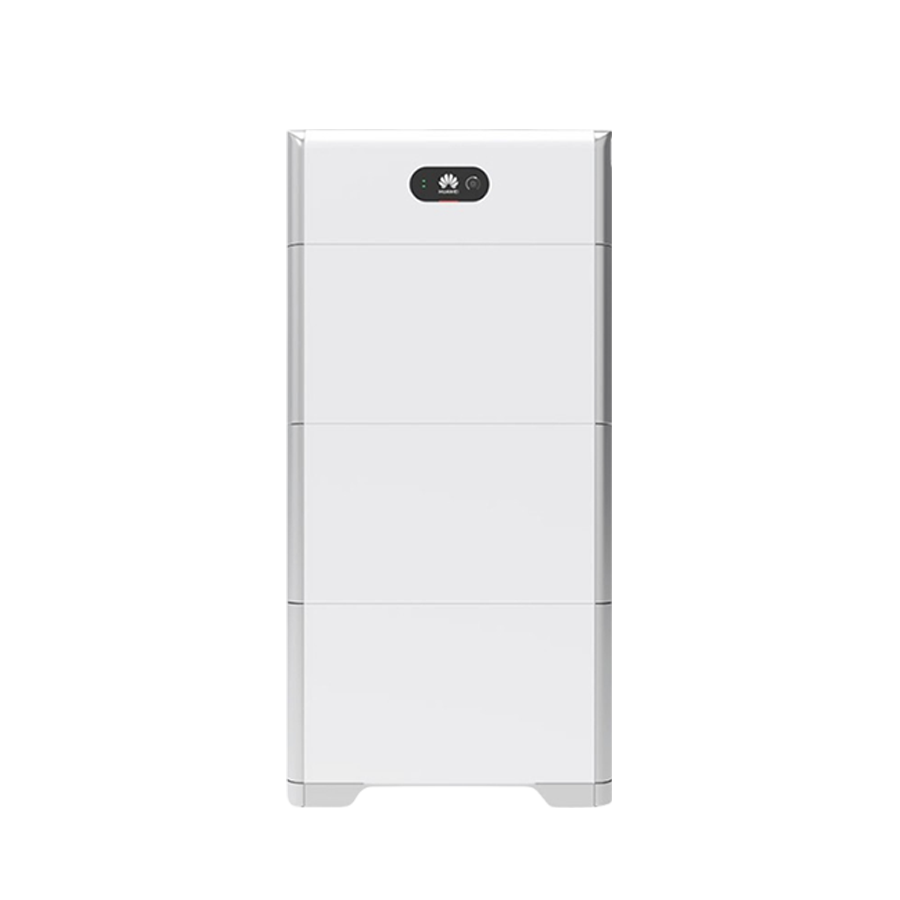
iStore
IS-BATT-5000-
5 | 10 | 15 KWh
-
Suits selected Huawei & iStore inverters
-
DC Coupled (HV)
-
On grid/ backup
-
LiFePO4
-
IP 66 (indoor/outdoor)
-
10 yr warranty
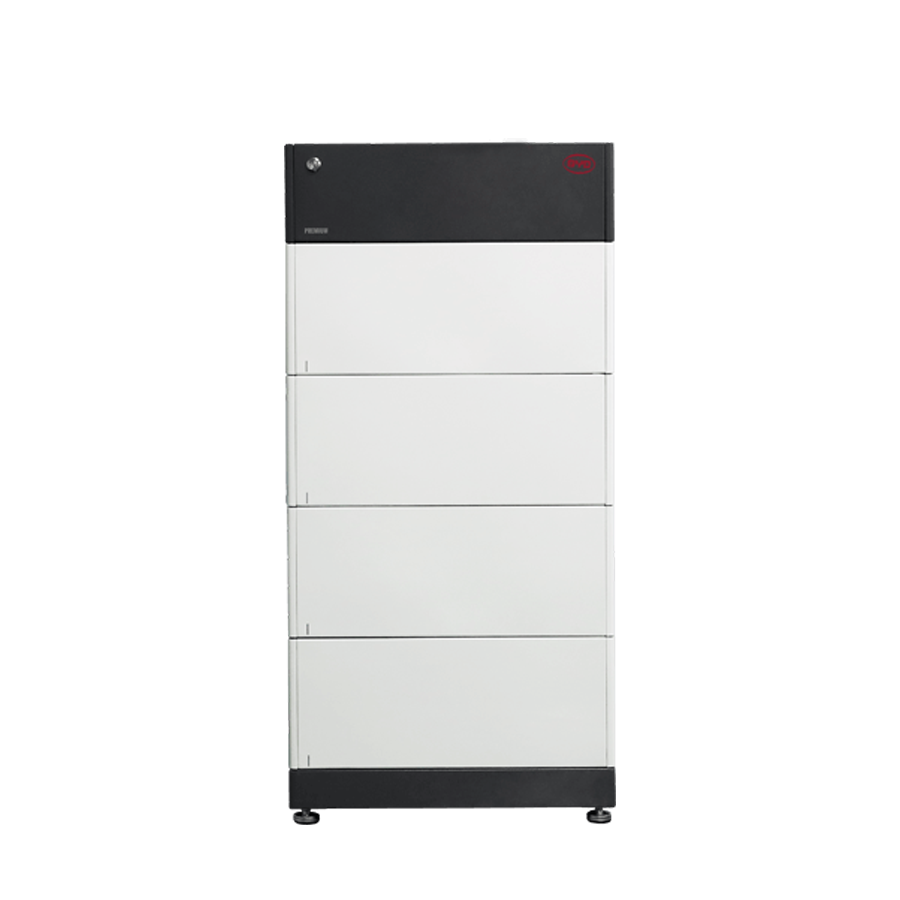
BYD
HVM Premium-
11 | 13 | 16 | 19 | 22 kWh
-
Suits selected Fronius, Goodwe inverters
-
DC Coupled (HV)
-
On grid/ backup
-
LiFePO4
-
IP 55 (indoor/outdoor)
-
10 yr warranty
Frequent Questions
AC Coupled battery systems come equipped with a battery inverter inside and require no additional hardware to integrate with an existing solar energy system. Simple.
DC Coupled batteries require a battery inverter to produce useable energy and are only useful with a compatible [hybrid] inverter.
Integration flexibility. AC-coupled batteries are DC-Coupled batteries [in a customised box] with a battery inverter plus energy monitoring sensors for an isolated connection to the mains power supply. AC-coupled batteries more often work independently of your existing solar energy system meanwhile combining an all-in-one energy system monitoring solution through a native app.
Nominated input. An existing hybrid solar and battery input ready system.
Value: Cost per kWh for stored energy is more often reduced when compared to AC Coupled batteries due to the existing battery system’s grid tie hardware already established.

